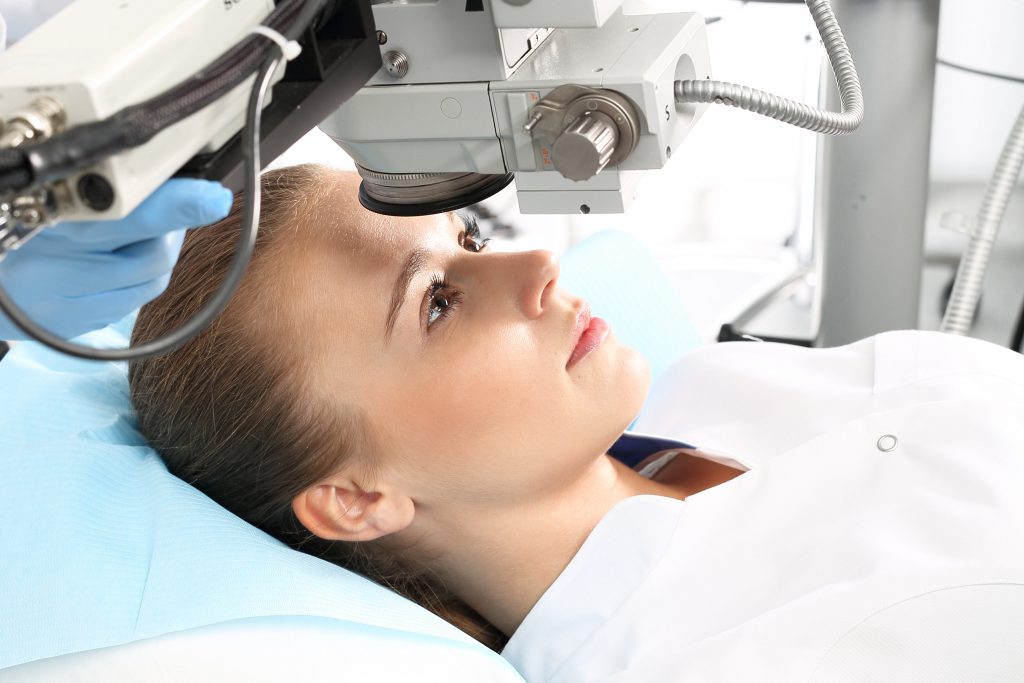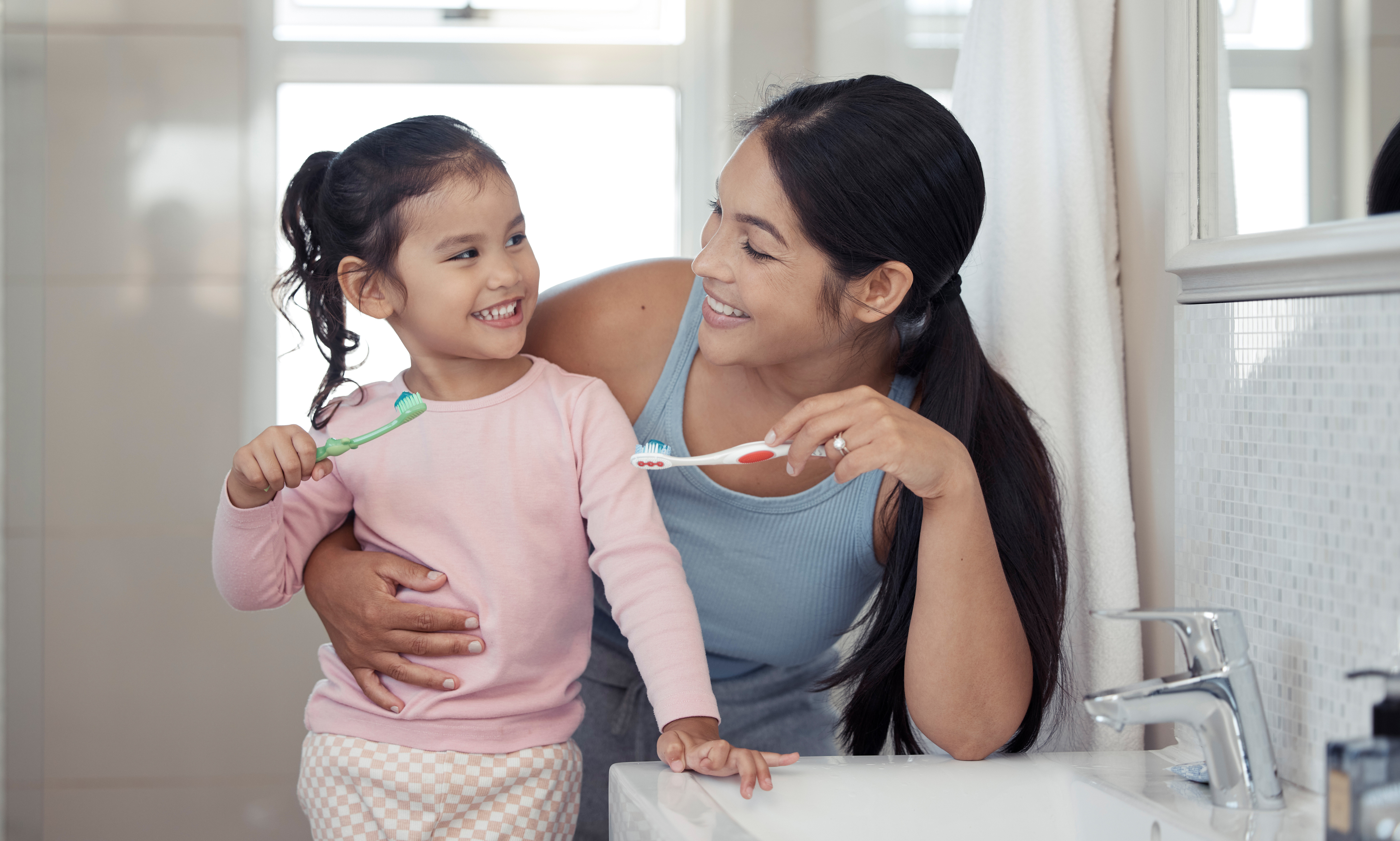
Health

Good dental hygiene – and a good relationship with the dentist – are important to establish as early as possible.
A visit to the dentist soon after the first teeth start cutting and before age two is good timing for relationship building and to check how your child’s jaw is growing.
Healthy jaw and facial development are crucial to long-term health. Early check-ups with the dentist can prevent issues such as crowded or crooked teeth or even sleep disorders. Proper tongue posture and chewing habits are also vital for strong and healthy juvenile jaws.
You should begin brushing baby’s teeth as soon as they appear – a soft cloth will do the trick. From about 18 months of age, you should be cleaning your baby’s teeth with a soft, small toothbrush with a pea-sized amount of toothpaste. And you know the drill: twice a day.
Healthy ‘baby teeth’ set up the foundations that guide strong and healthy ‘second teeth’ into position.
Caring for baby teeth involves more than just gentle cleaning. Establishing good habits with drinks and food plays a huge role in building healthy teeth and gums.
An annual preventative check-up with the dentist will support the good work you’ve put into your child’s baby teeth to carry through into healthy permanent teeth.
Your dentist will monitor and assess healthy oral development. If corrective action is required, your dentist will be the first person to identify it. And when that toddler becomes a teenager, your dentist may advise the fitting of a customised mouthguard to protect those precious teeth from damage during contact sport.
Defence Health extras cover provides valuable benefits for dental care. Check your product guide for available benefits – or give us a call if you’d like to review your level of cover.